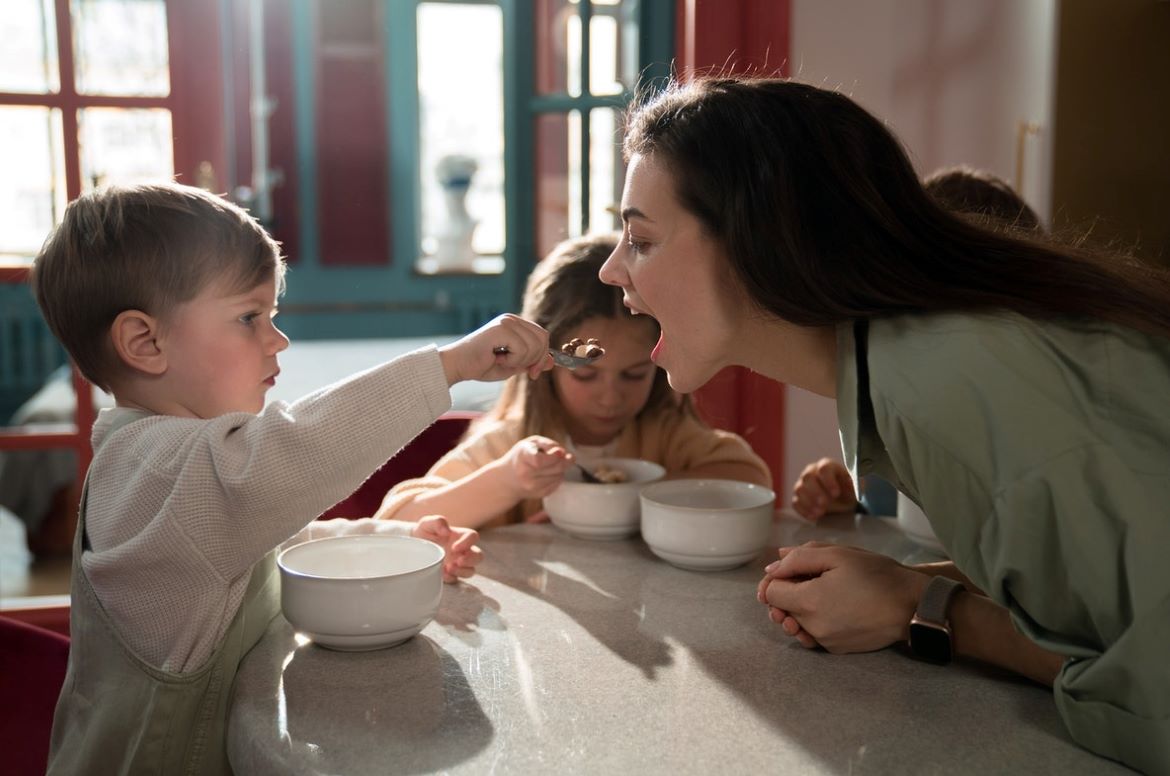By Angelica-Hazel Toutounji
There is no doubt about it, being a parent is one of the most rewarding – albeit challenging – roles you will ever have.
If you are anything like me, you started upping your efforts and prioritising your own health well before your pregnancy was confirmed. And once you saw those initial two lines on your pregnancy test, you then spent the subsequent months doing all that you could to remain healthy, minus the occasional indulgence (hey we’re all human!). Even through bouts of morning sickness or extreme fatigue, you worried about whether you were doing enough for your baby’s health. Am I right?
Then, since giving birth, your determination towards health shifted from yourself to your baby. Perhaps in the process, your own health took a back seat. Perhaps you still spend hours overthinking your family’s health or maybe you have been so caught up in the busy-ness of mum life you don’t even know where to start. Whilst I don’t know your exact situation, what I do know for sure is that as a parent there is nothing that you wouldn’t do for your child. So let’s start with helping them form a healthy relationship with food. Read on for my helpful hints.
Perhaps you still spend hours overthinking your family’s health or maybe you have been so caught up in the busy-ness of mum life you don’t even know where to start.
Set up a healthy routine
Children thrive on routine. By setting up regular mealtimes throughout the day and eating in a relaxed family environment, you’re able to set a great example of a healthy routine. With the absence of distractions such as television or phones, it is also easier to encourage mindful eating and teach your children to tune into their own hunger cues.
Refrain from labelling food
Food is just food. There are foods that are ideal for eating every day and other foods that are better as an “on occasion” choice. When we remove the emotion from food and refrain from labelling them as “good” and “bad”, we choose not to feed into the unhealthy diet mentality. This is important, as children are very impressionable. They can associate eating “bad” foods with negative emotions such as guilt or become obsessed with only eating “good” foods and tie this up with their self worth.
Food is just food. There are foods that are ideal for eating every day and other foods that are better as an “on occasion” choice.
Heal your own relationship with food
Our children are constantly learning from us. They learn the good and the bad and hear and see not just what we say but also what we do. This doesn’t mean that you will eat healthy 100% of the time or that you need to be serving up nutritionally balanced meals 24/7. It just means to be mindful of your own food behaviours and do your best to lead by example.











